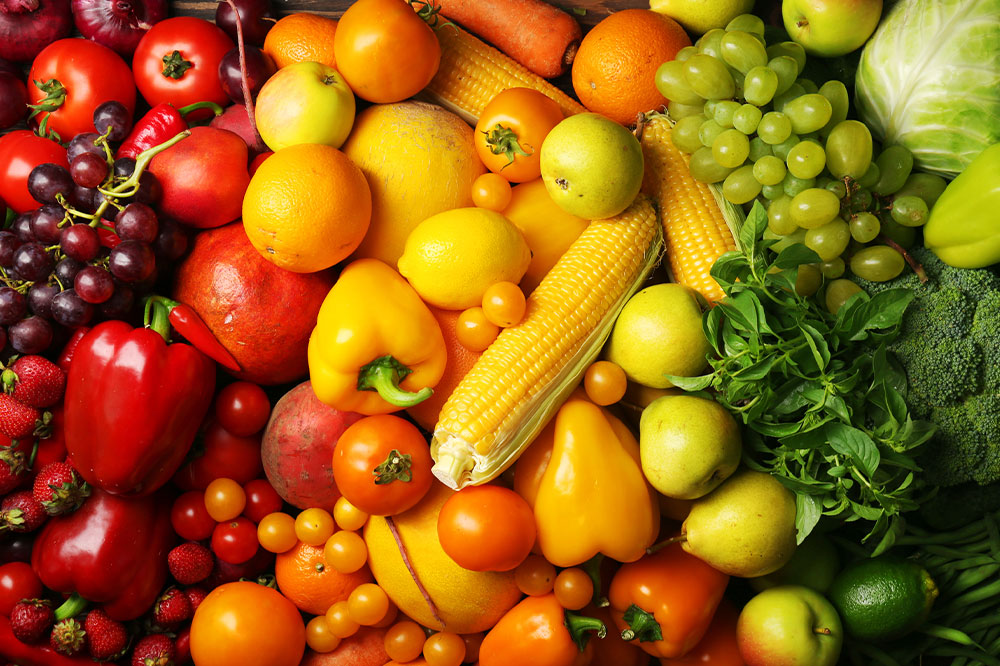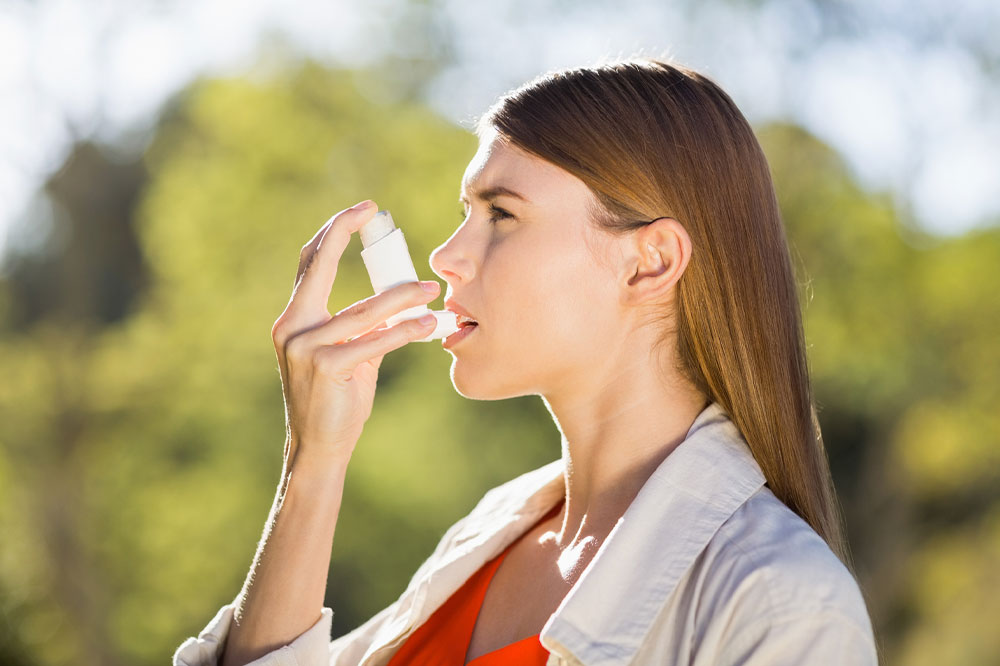4 tips for dealing with asthma

Asthma is a respiratory condition wherein the airways in the lungs swell up, become narrow, and produce extra mucus, making it difficult to breathe. People affected can experience breathlessness, coughing, and wheezing. The disease could be a minor issue for some, while others may have to deal with serious long-term symptoms. Although there is no permanent cure for asthma, here are treatment options, foods to have and avoid, and alternative therapies to manage the symptoms:
Treatment options
Doctors can recommend the right course of treatment based on the severity of asthma symptoms. Here are a few popular options:
Tezepelumab: It is a popular treatment option, approved by the FDA as a supplementary maintenance remedy for pediatric patients over 12 and adults with asthma. Tezepelumab is an injectable option and the first and only biologic to significantly and consistently reduce severe asthma symptoms in clinical trials.
Fasenra: This is a monoclonal antibody that works on the immune system activity in the body. Fasenra helps control the elevated eosinophil count responsible for severe asthma symptoms. This injection is suitable for children over 12 and adults and can be used with other treatment plans to keep flare-ups in check.
Nucala: This is a monoclonal antibody that also reduces the eosinophils in the body.







